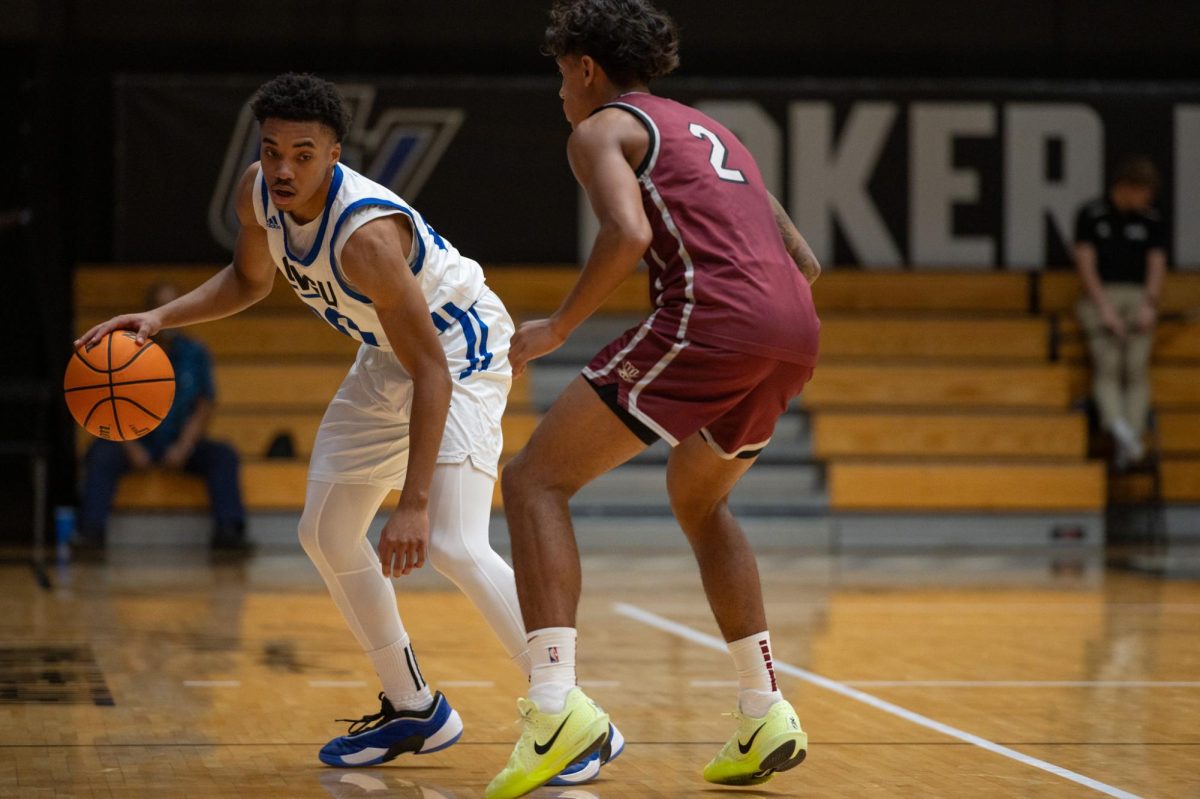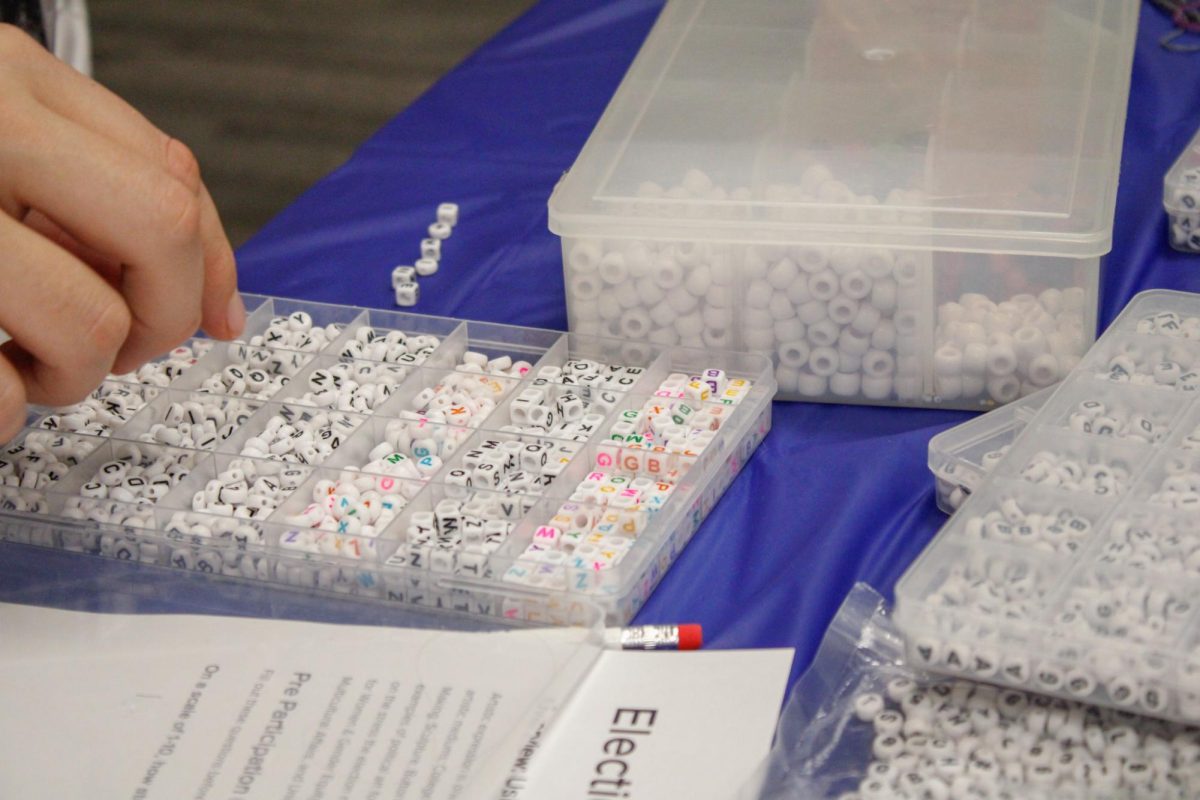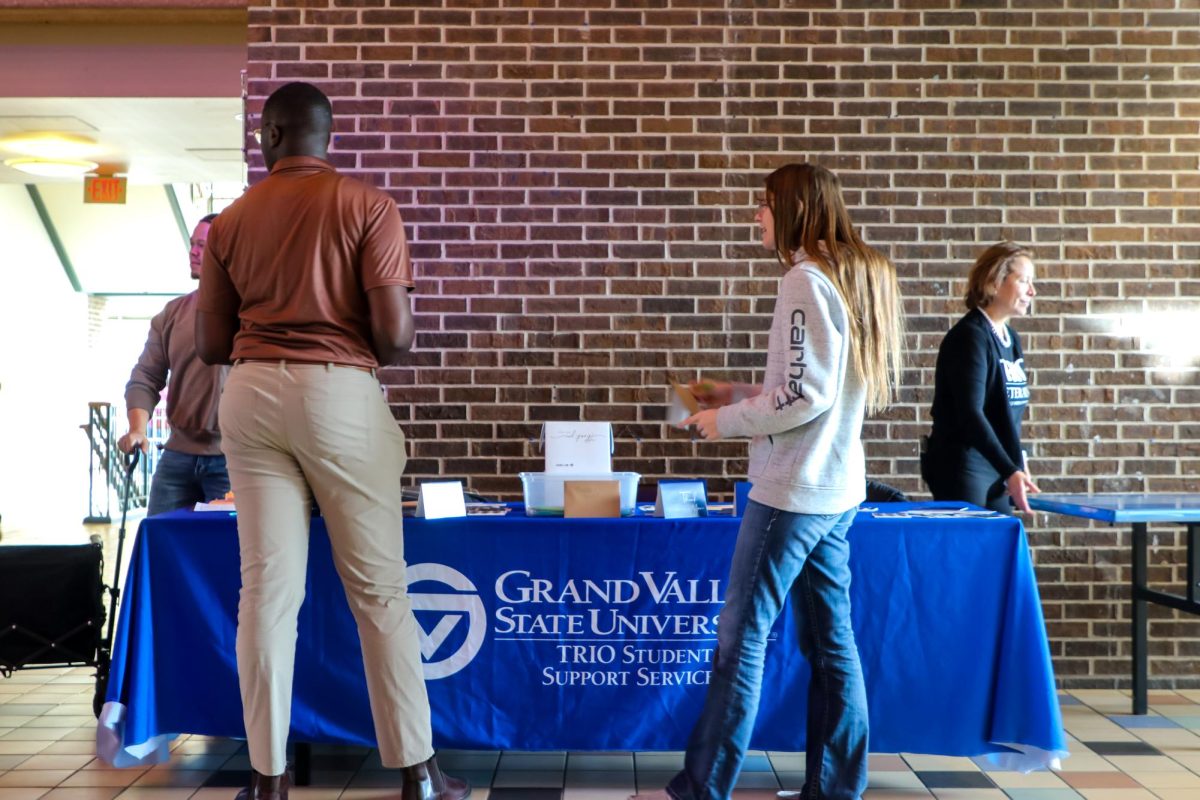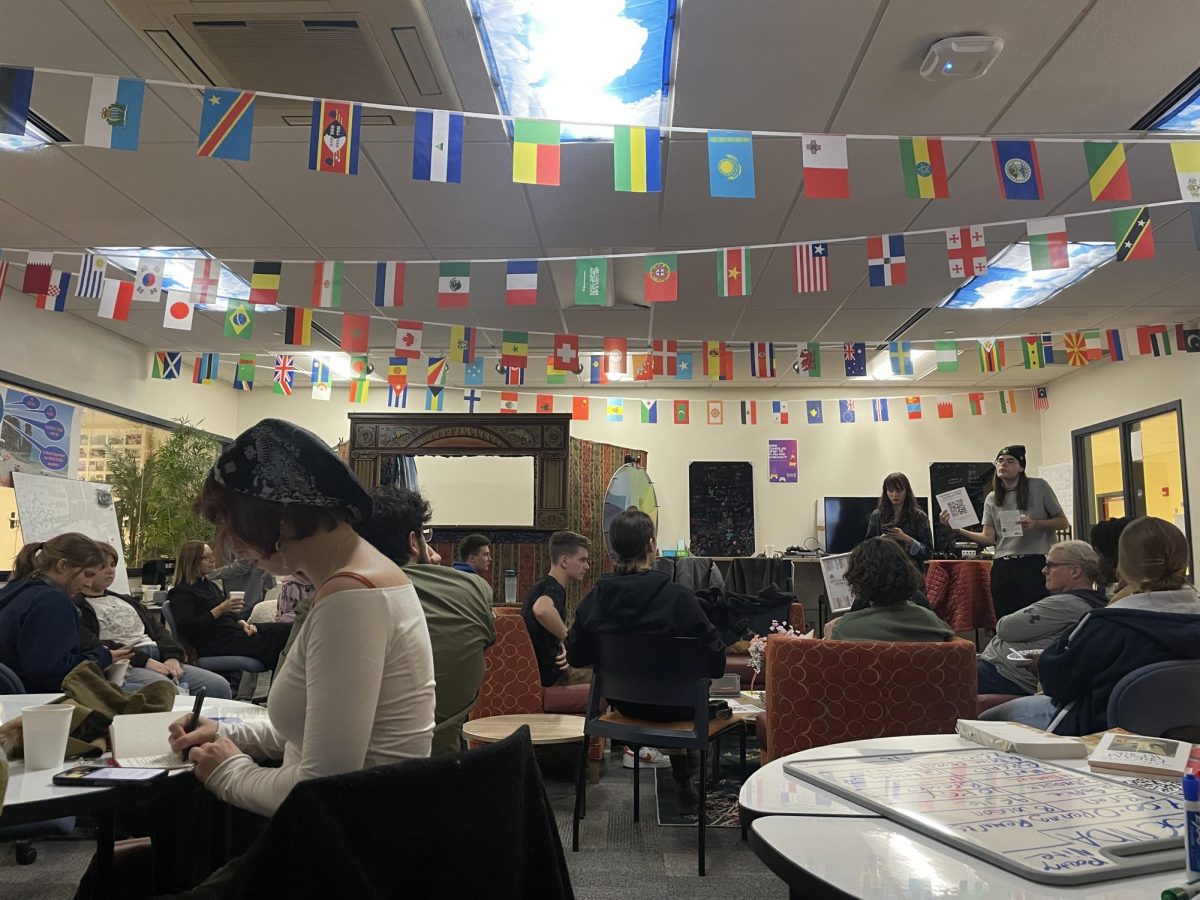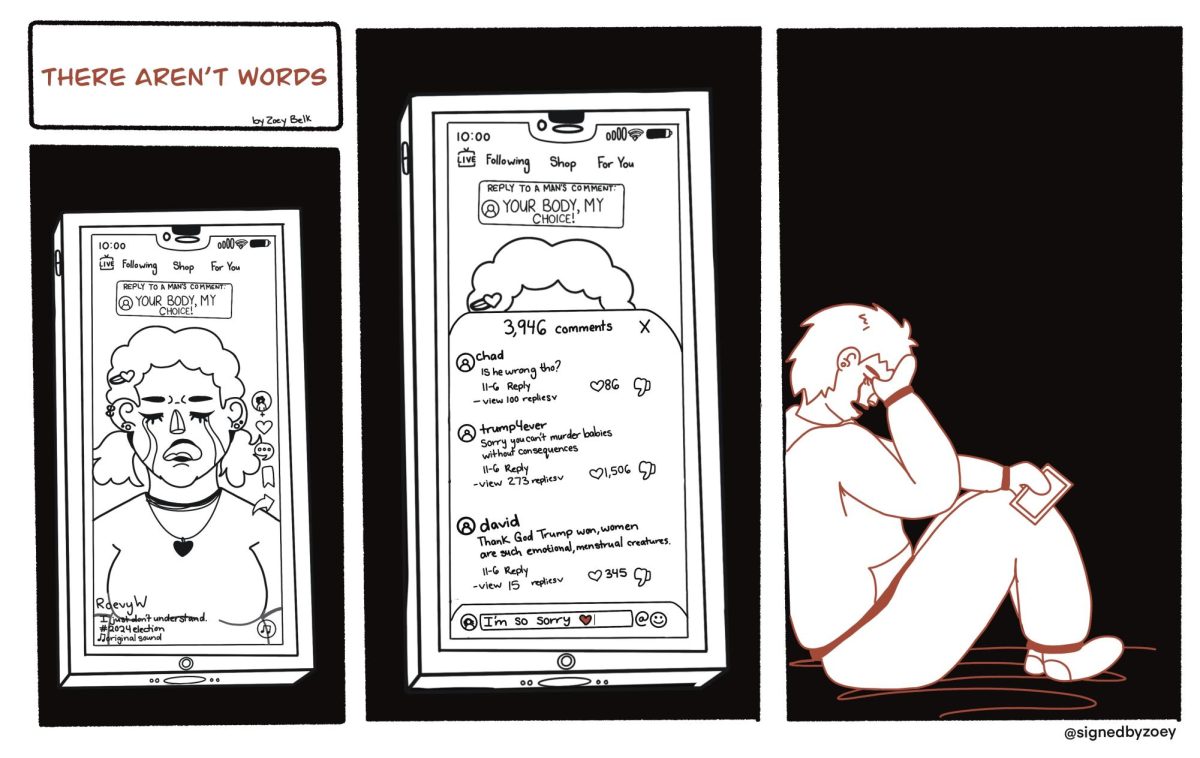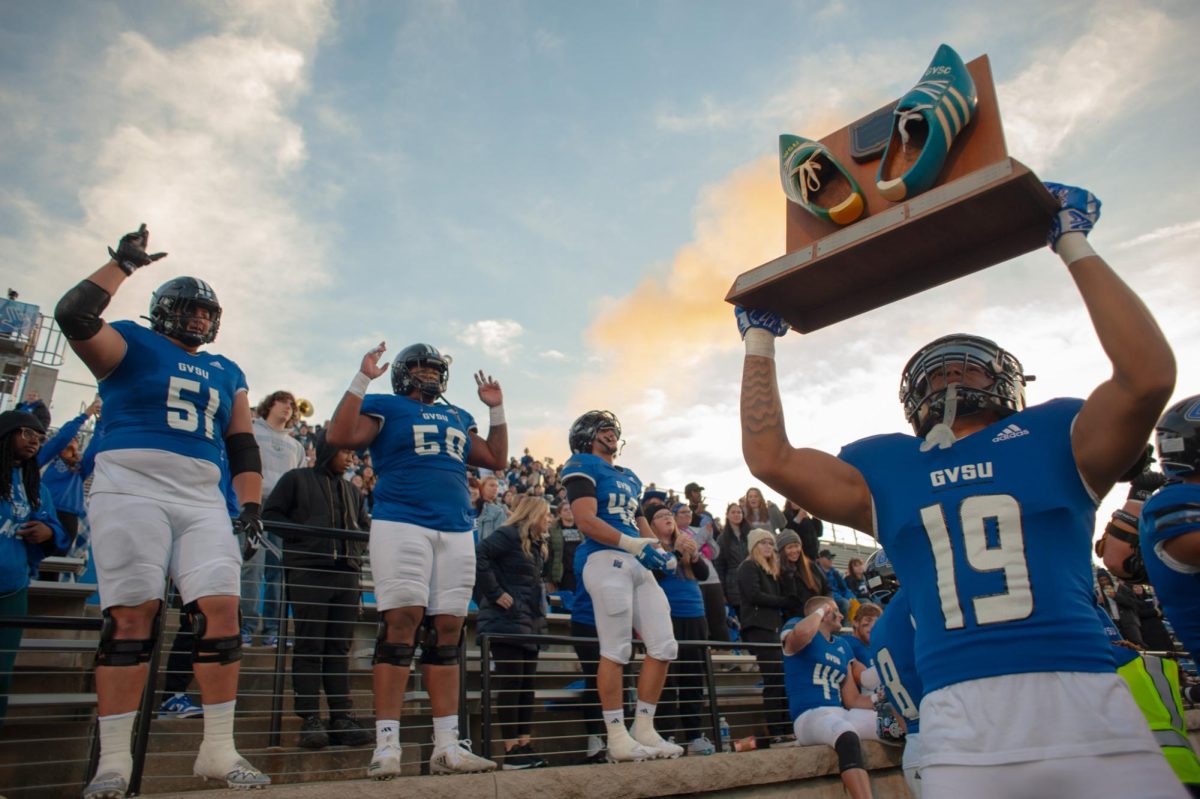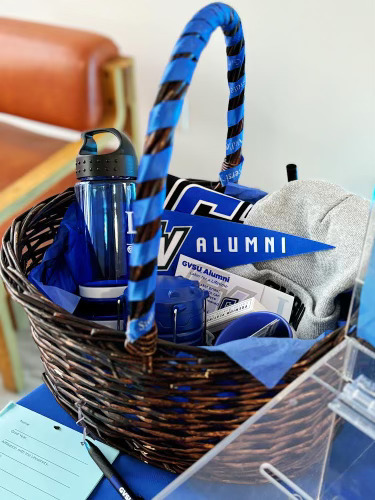Michigan possibly targeted by Facebook ads linked to Russia during 2016 presidential election
Oct 12, 2017
Michigan and Wisconsin, two swing states in the 2016 presidential election, were allegedly targeted by Facebook ads linked to the Russian government, according to reports released last week. Michigan, in particular, was a pivotal state in the election, with President Donald Trump and former Secretary of State Hillary Clinton both having visited Grand Rapids Nov. 7, right before Election Day.
According to CNN reports, Facebook ads were purchased by Russia with the intent to sway public opinion in favor of Trump. These ads were said to have opposed many of Clinton’s campaign objectives, such as gun control and immigration, and to have contained anti-Muslim commentary.
While Michigan and Wisconsin were suspected to have been targeted by Facebook ads, there still is no conclusive evidence that those were the only two states affected or whether they were deliberately targeted. Polly Diven, professor of political science and director of the international relations program at Grand Valley State University, said a broader investigation is being carried out by special counsel Robert Mueller and that the possibility for fake news campaigns to pervade social media sites should raise some red flags for students.
“Whether or not Russia specifically planted fake news stories on social media during the 2016 presidential election, the potential for this is a growing concern,” she said via email. “We all need to be aware of the growing incentives for organizations to infiltrate social and other media with fake news.”
According to Politico, out of the 4.8 million votes cast in Michigan, Trump beat Clinton by a mere 11,612 votes, and the results in Wisconsin were not far behind at 27,257 votes. In both states, Trump won by less than one percent. Whether the Facebook ads influenced the outcome in Michigan and Wisconsin cannot be definitively determined, but it opens the discussion on discerning the reliability of sources. According to the Pew Research Center’s “Digital News Factsheet,” 93 percent of Americans get their news from online sources.
Diven’s advice for Grand Valley State University students is to stay informed but remain skeptical of ads and links shown on their social media sites, cautioning them against taking an article, photo or other digital media at face value.
“My advice for how to combat (misinformation) is, first of all, to look carefully at the story to see if it is a ‘sponsored link,’” she said. “You can also test to see if the story appears to have an altered photograph, and you can check with Snopes (an online fact-checking resource) to see if it passes that level of scrutiny.”
Diven suggested that students also check other sources and compare what they find, not relying solely on the information in one given source. She also encouraged students not to depend exclusively on social media for their news.
“Overall, the best way to discern fake news sources is to diversify your news sources,” she said. “Look at a variety of reliable sources every day. Don’t rely on Twitter or Facebook as your only source of news. If a story seems suspicious, then don’t repeat it or pass it on without investigating thoroughly.”













